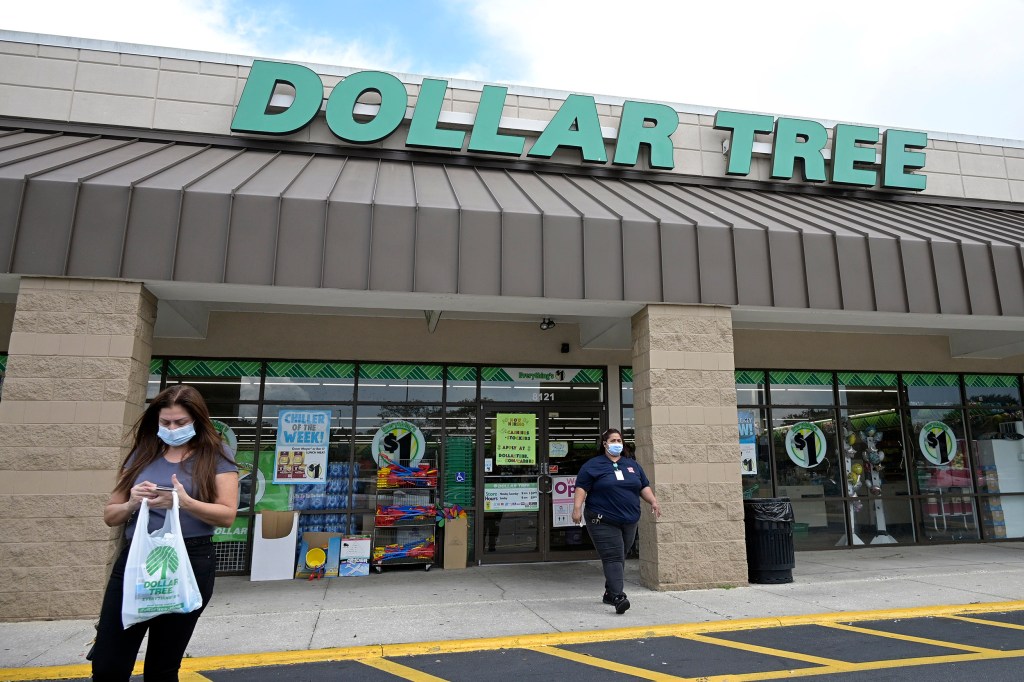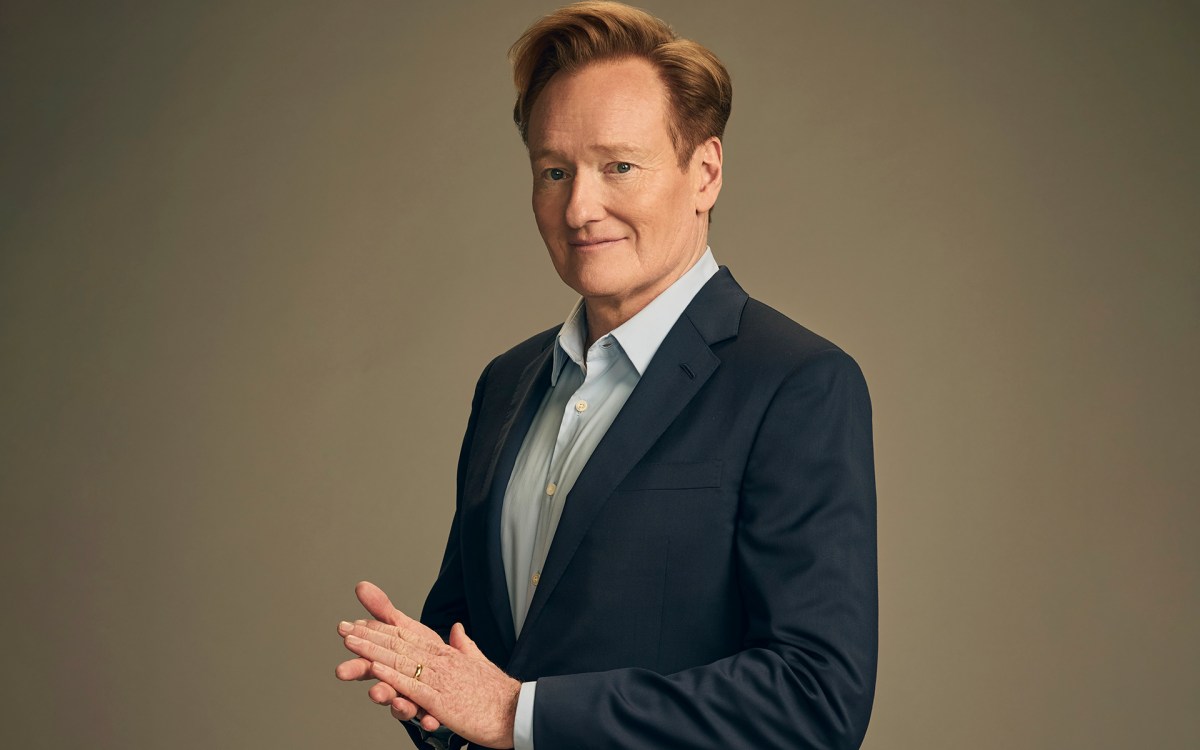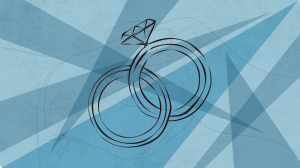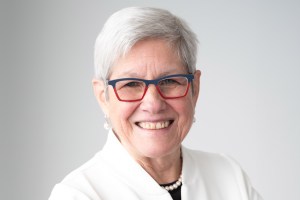Work & Economy
-
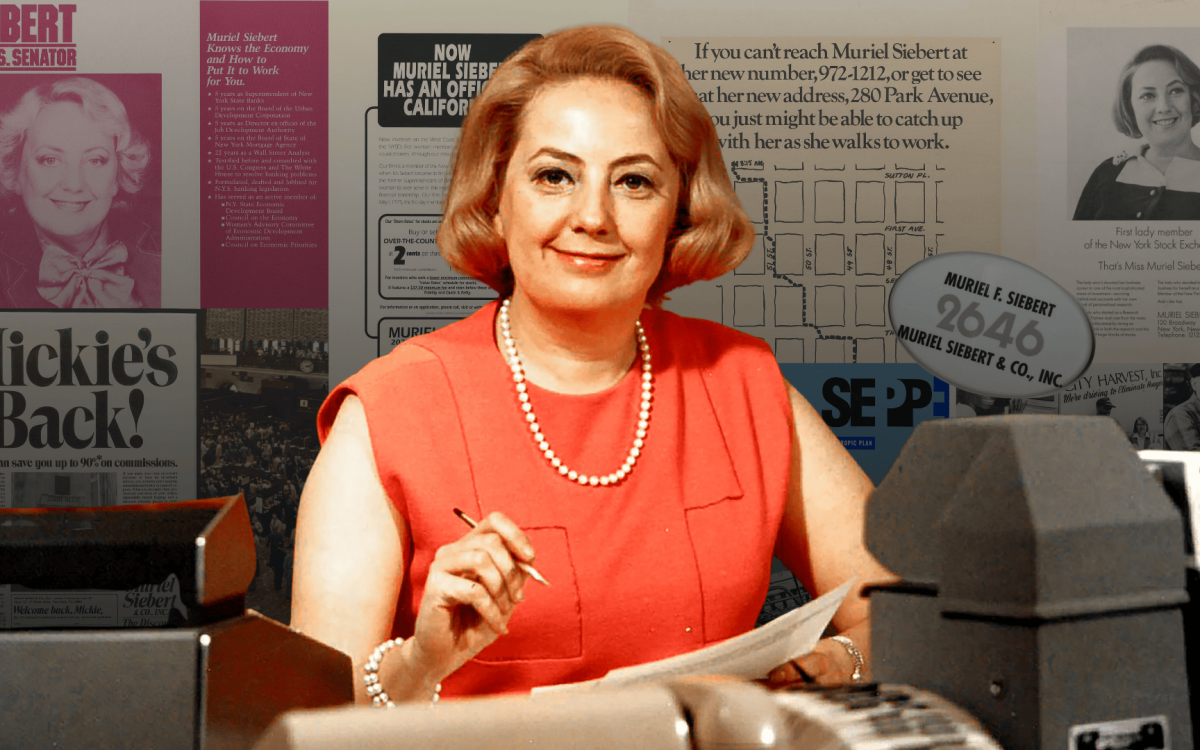
Muriel Siebert kicked down the door so others could follow
Baker Library exhibit showcases life of analyst who opened doors for women on Wall Street
-
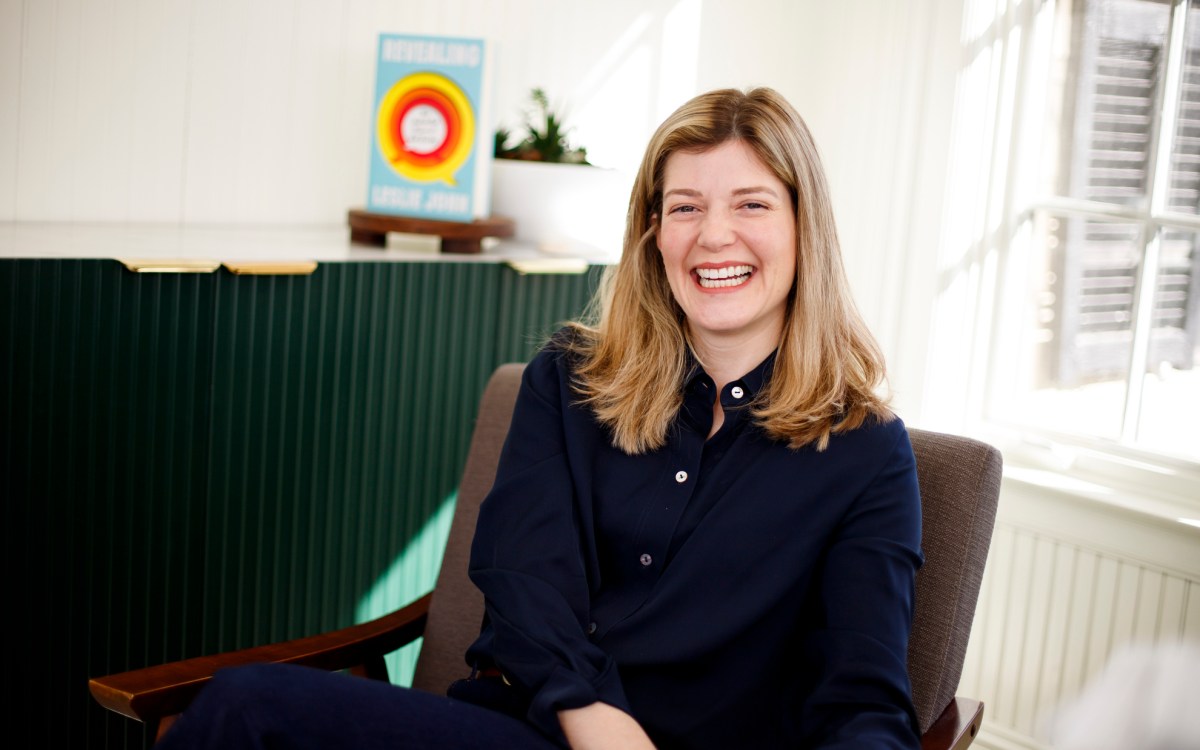
Did I say too much?
‘Revealing’ author explains difference between TMI and the kind of healthy ‘oversharing’ that deepens relationships
-

Yes, China has embraced renewables – but don’t call it a transition, expert says
Kennedy School panelists ponder next chapter in a tale of two superpowers
-

Pricey blockbuster GLP-1s are costing users — and most of the rest of us, too
Health insurers are passing along cost for coverage in form of higher rates across the board, policy researcher says
-
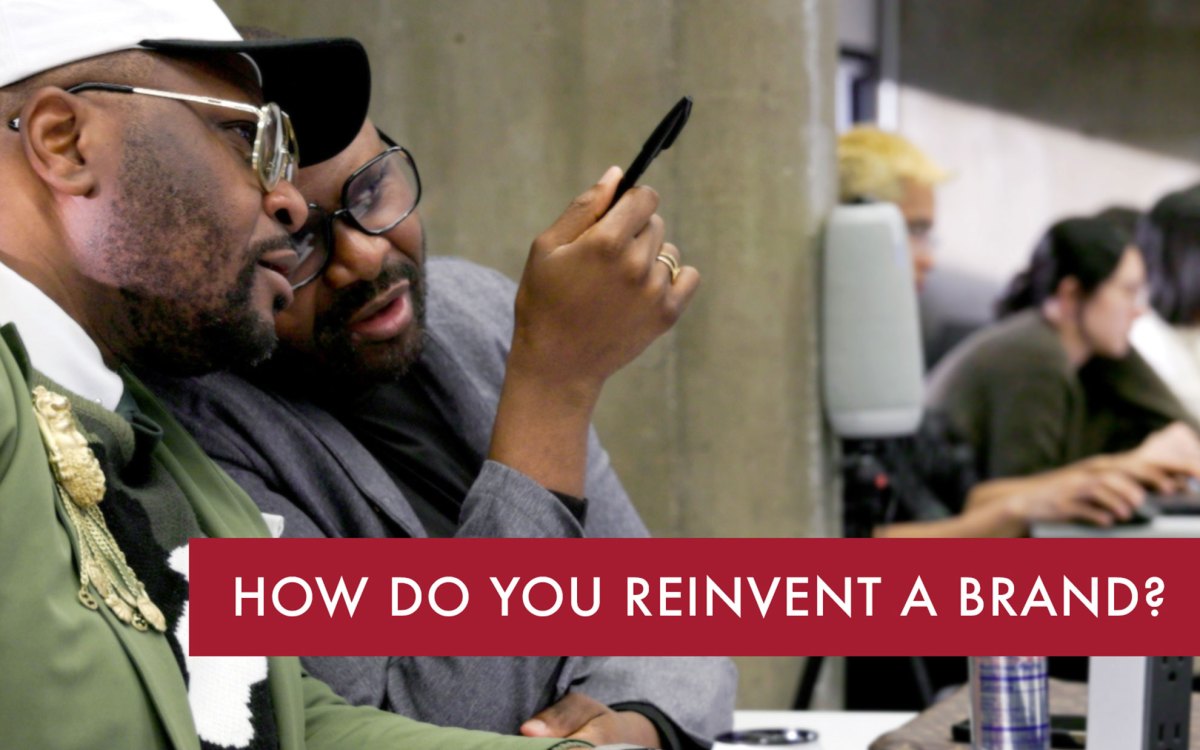
Supermarket savvy
Students hone eye-catching brand strategies in GSD course
-
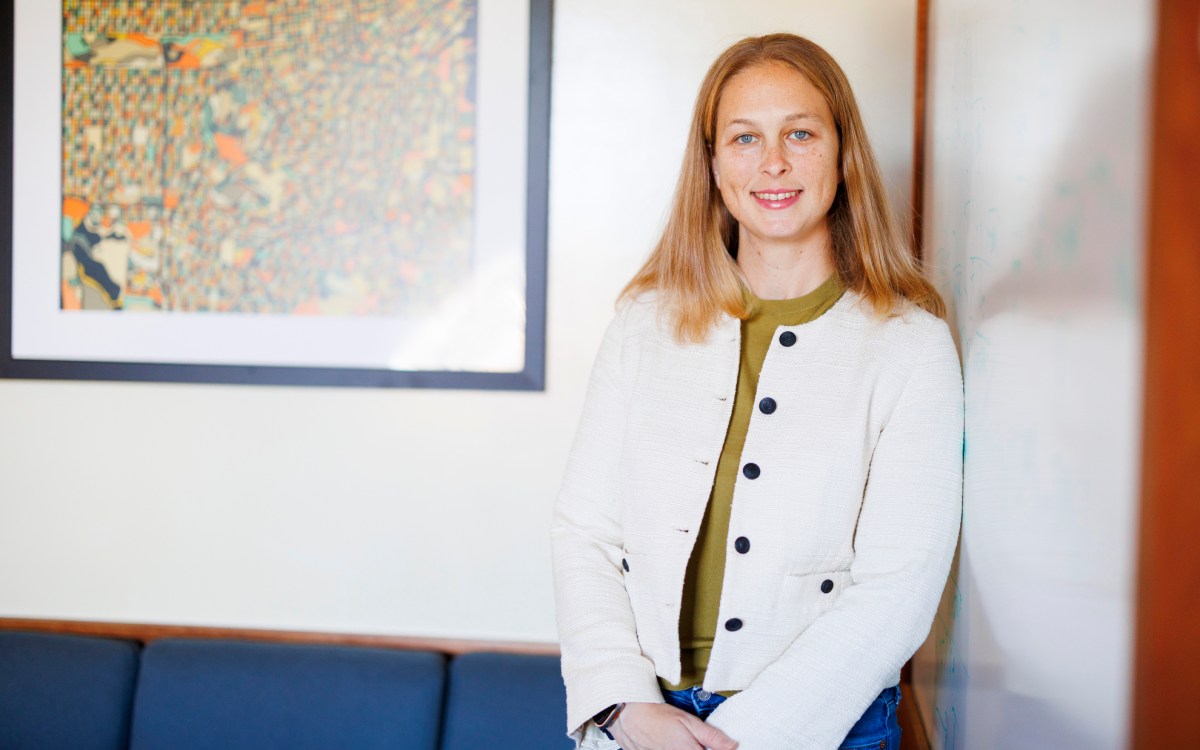
Inequality and location, location, location
Inaugural Martin Feldstein Professor of Economics studies interaction of geography with housing, labor markets
-
Want more diversity in corporate America? Get rid of some programs
New book by Frank Dobbin suggests getting managers actively involved instead of feeling defensive, resentful is the best way to create a more diverse corporate America.
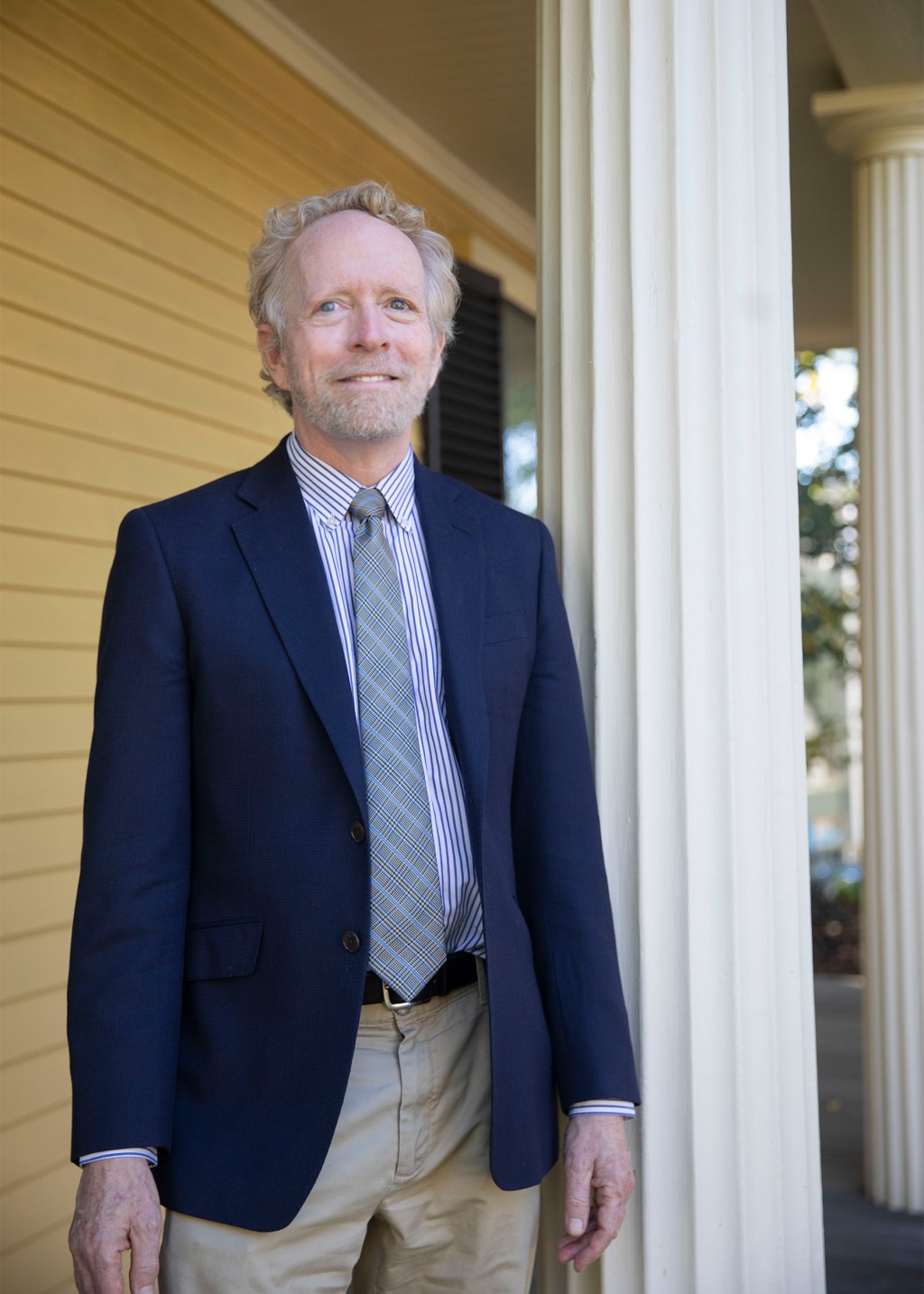
-
No C-suite is an island
The “Reimagining the Role of Business in the Public Square” conference at HBS examines the role corporations that have adopted Environment, Social and Governance principles are playing in society.
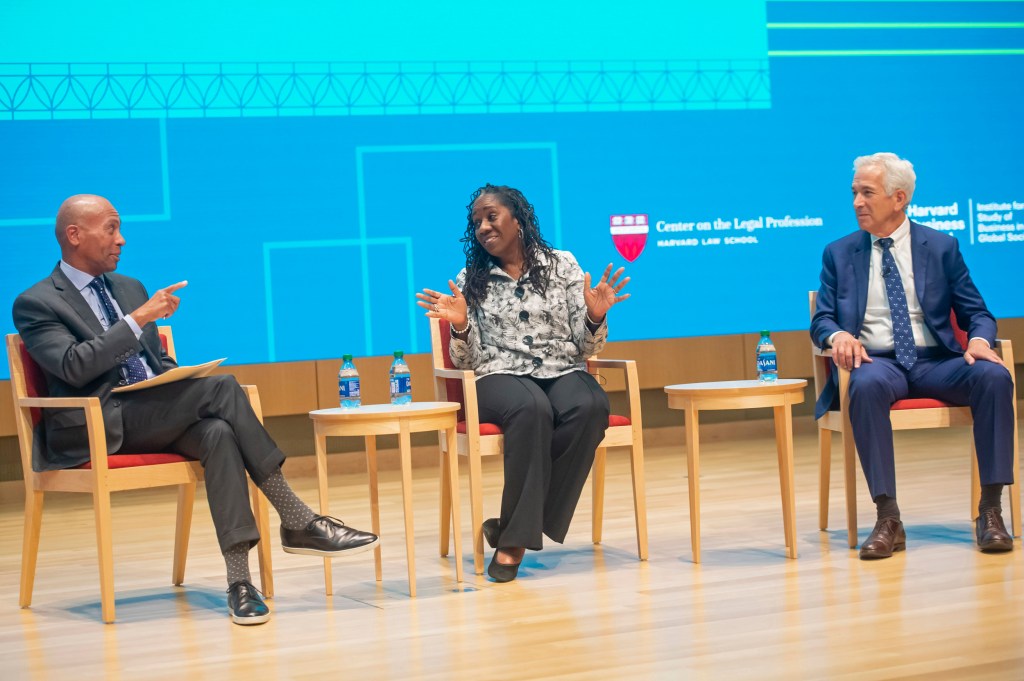
-
Fed needs to get tough on rates now, Summers says
With new report showing consumer prices rising, central bank needs to control inflation, soften blow of expected recession, the economist says.
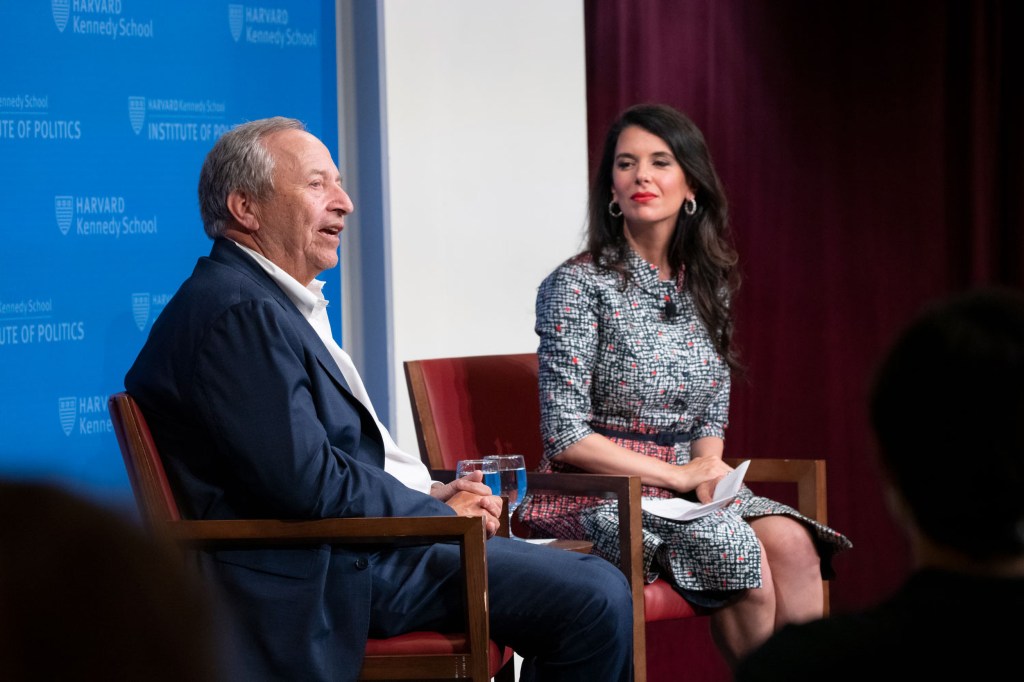
-
Back to office? Stay remote? Go hybrid?
Bosses shouldn’t just go with their guts, and consensus may not work, Business School professor says. Start by deciding what really matters.
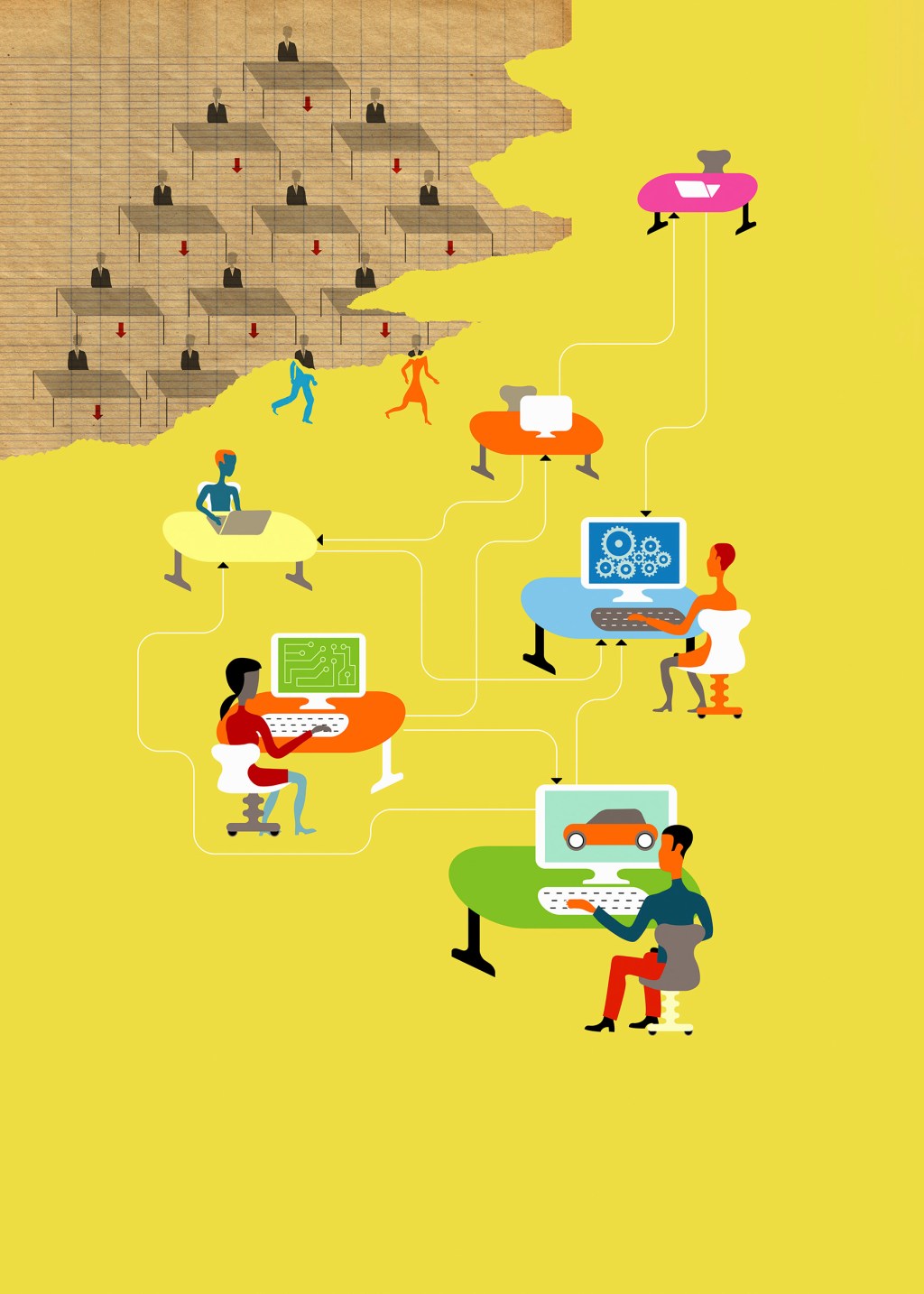
-
Top business execs more polarized than nation as whole
Elisabeth Kempf discusses new research examining partisan shift, notes it may pose risks for shareholders.
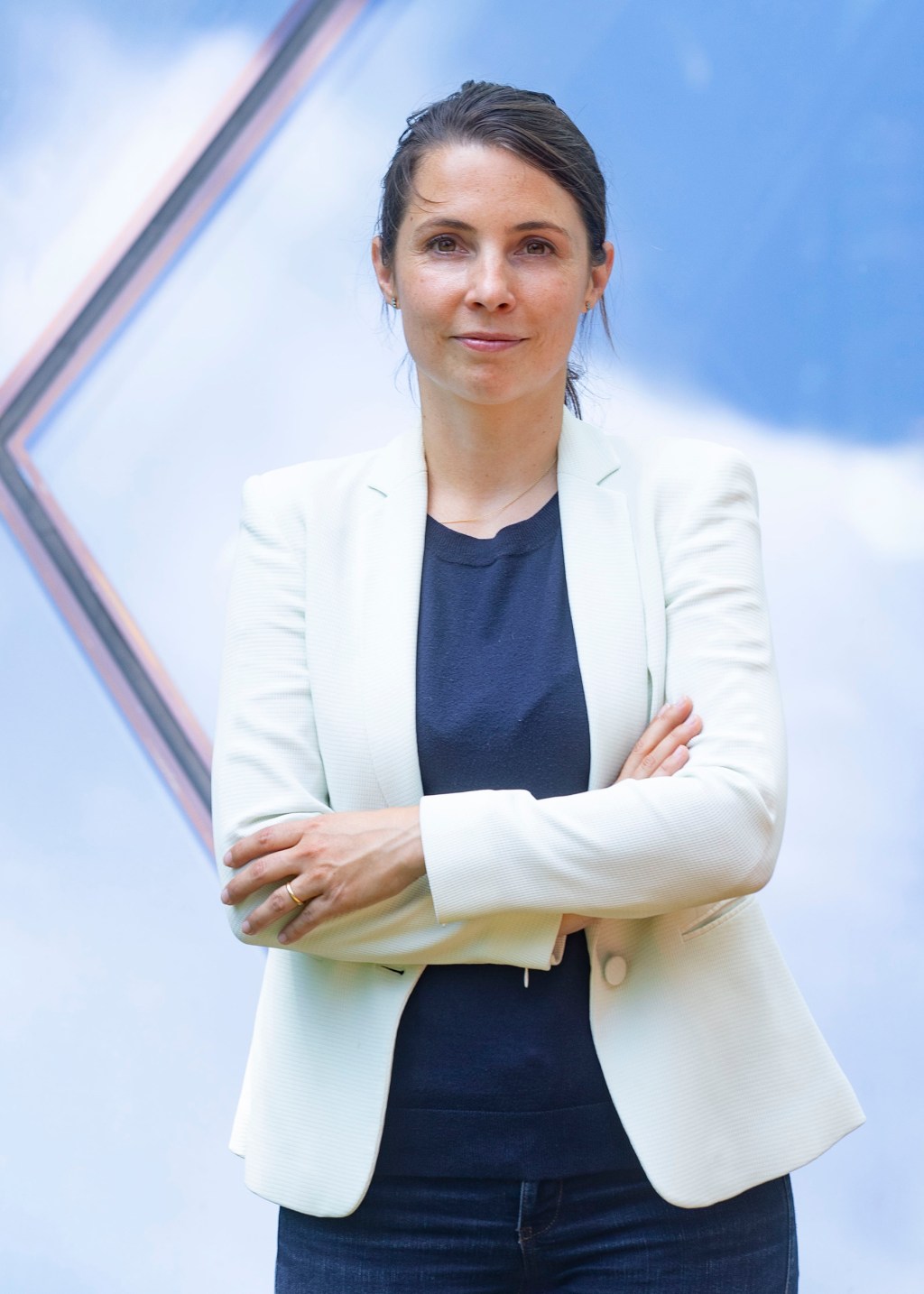
-
Can Amazon remake health care?
Health policy expert explains Amazon’s nearly $4 billion investment in One Medical and what the marketplace disruptor can, and cannot, do to change the way consumers get their health care.
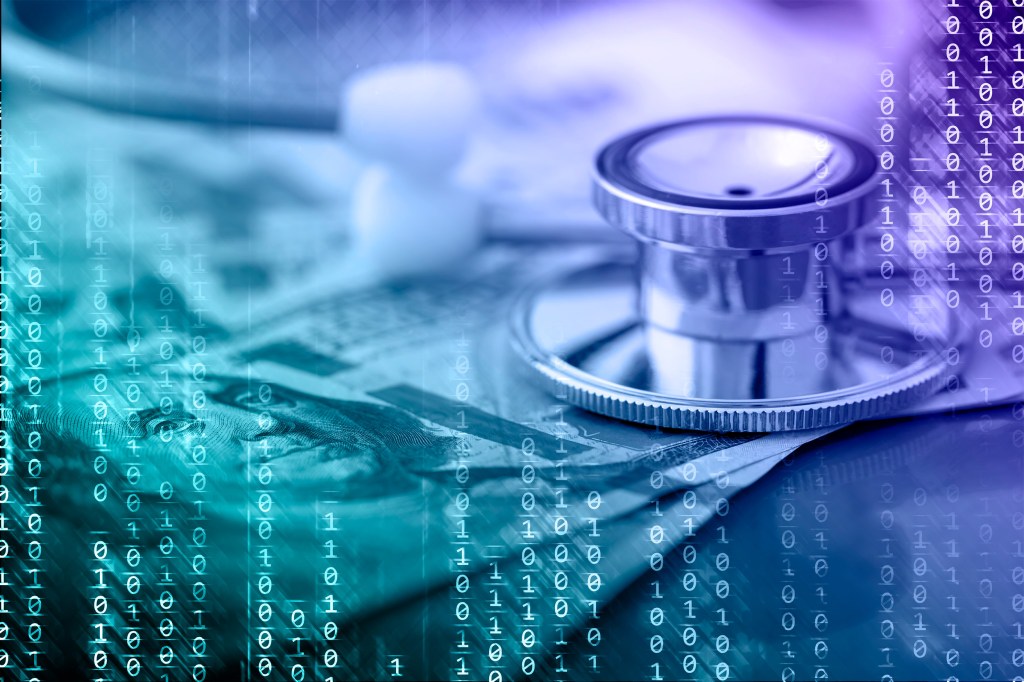
-
Larry Summers details how Senate plan will reduce inflation
The Gazette spoke with economist and former U.S. Treasury Secretary Lawrence Summers about the Inflation Reduction Act of 2022.
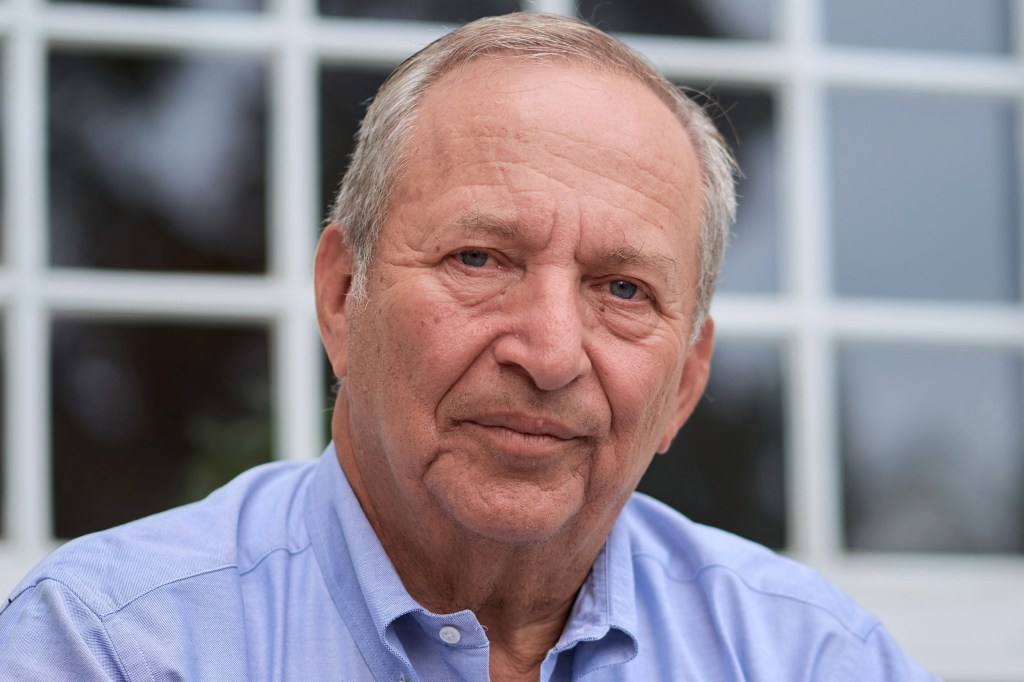
-
Turns out it’s not who you know that determines economic success
Big-data study by Raj Chetty and team shows who we interact with while growing up plays key role in upward mobility.
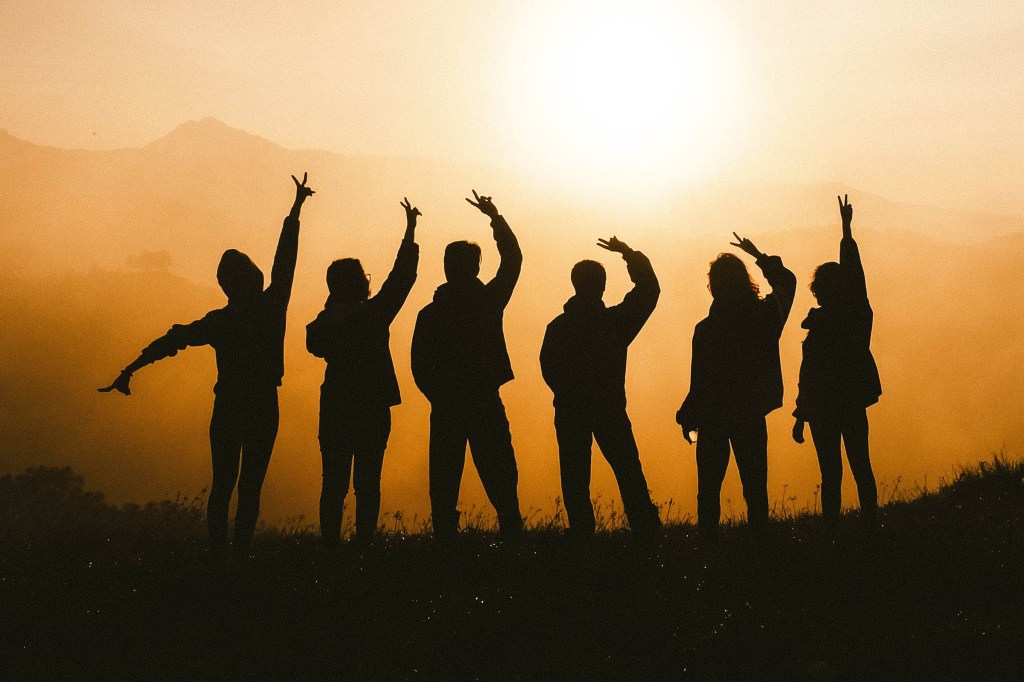
-
Key to income inequality fight? Location, location, location
A new report finds that 80 percent of all young adults at age 26 had moved less than 100 miles from where they grew up, and just 10 percent moved more than 500 miles away. Even the enticement of higher-wage opportunities had little impact.

-
So what happened to crypto?
Harvard Business School’s Scott Duke Kominers explains the recent downturn in the cryptocurrency market.

-
Is recession inevitable? Economist says plenty of tools remain
Economist Betsey Stevenson assesses the effect of the Federal Reserve’s latest interest rate hike and whether a recession is now a certainty.
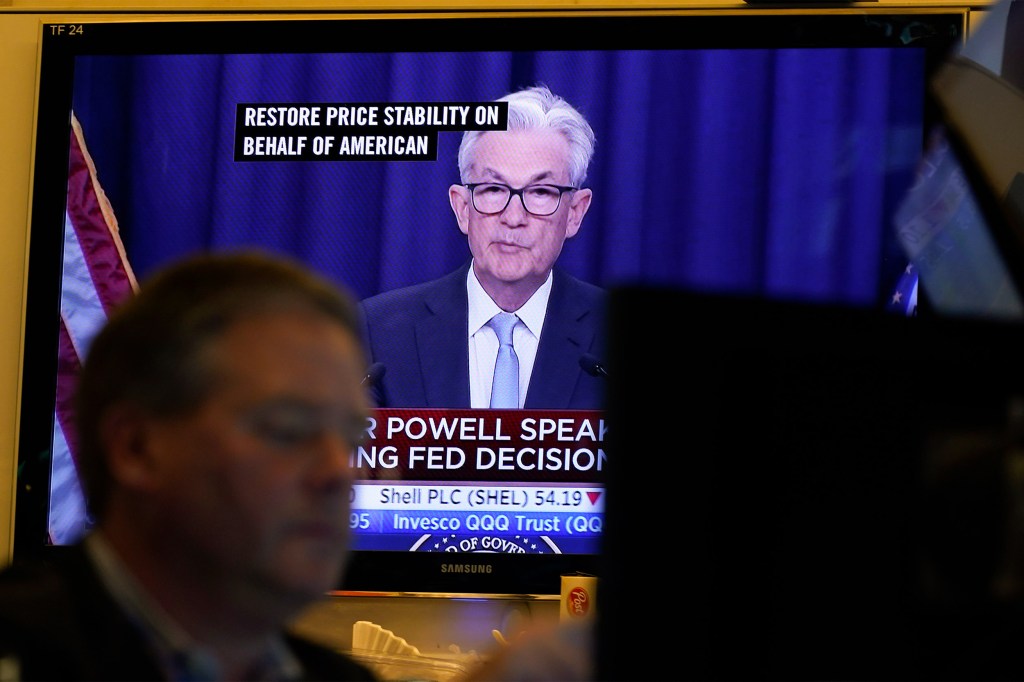
-
Things may look shaky, but recession isn’t certainty
Harvard Kennedy School economist Jason Furman discusses stock market volatility and inflation.
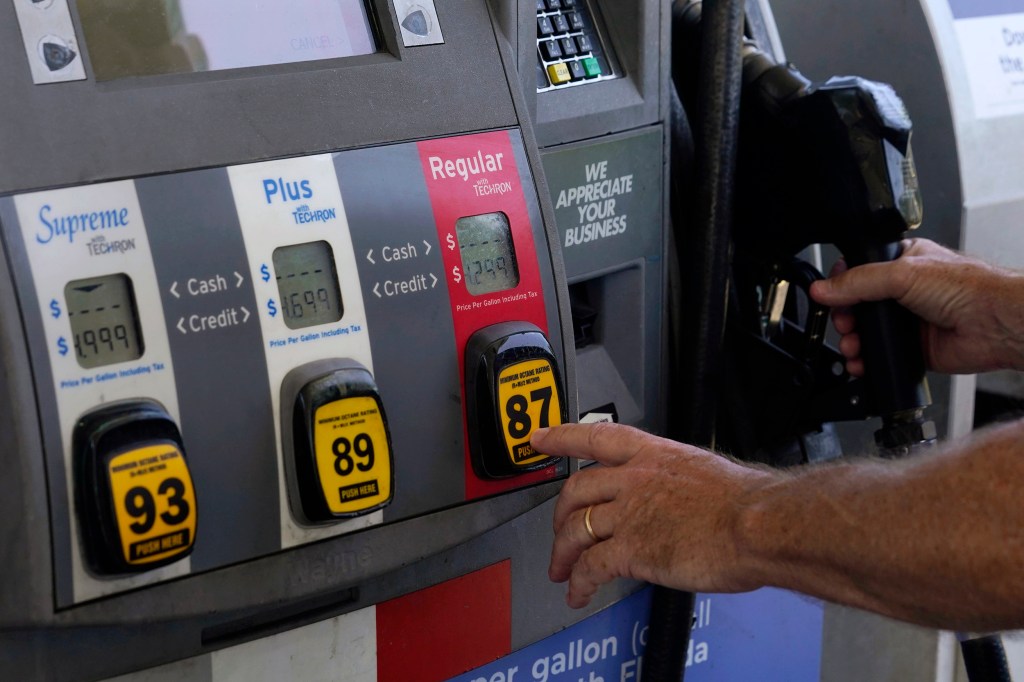
-
Why is inflation at four-decade high?
Harvard’s Alberto Cavallo explains what’s driving inflation to historic figures.
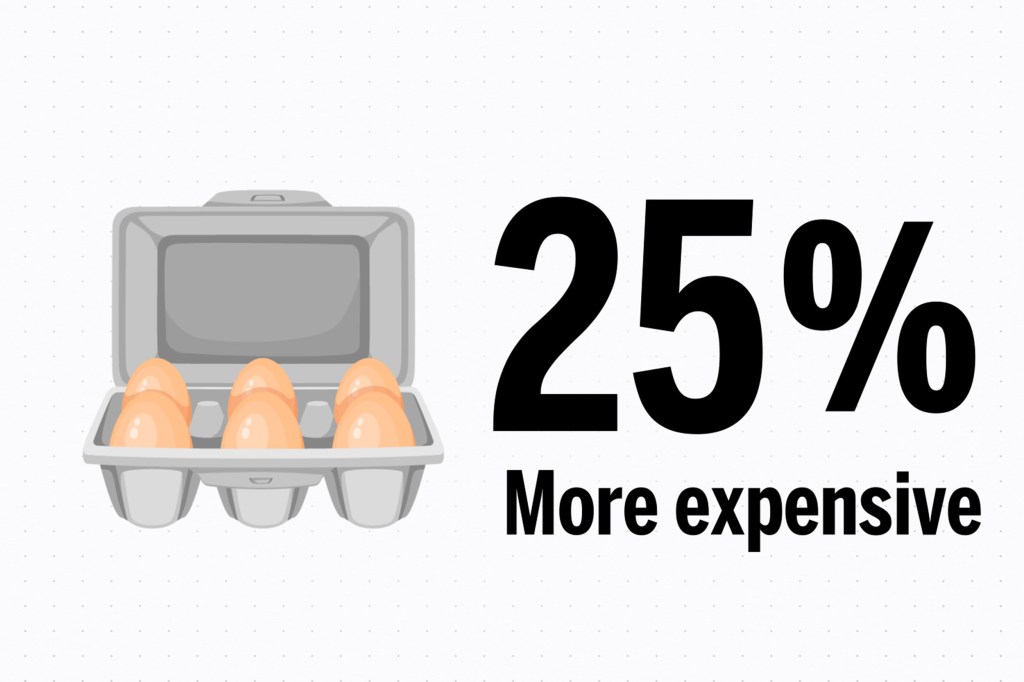
-
Will the message sent by Amazon workers turn into a movement?
Labor economist Lawrence Katz looks at the recent flurry of U.S. workers unionizing and whether unions could enjoy a resurgence in the coming months.
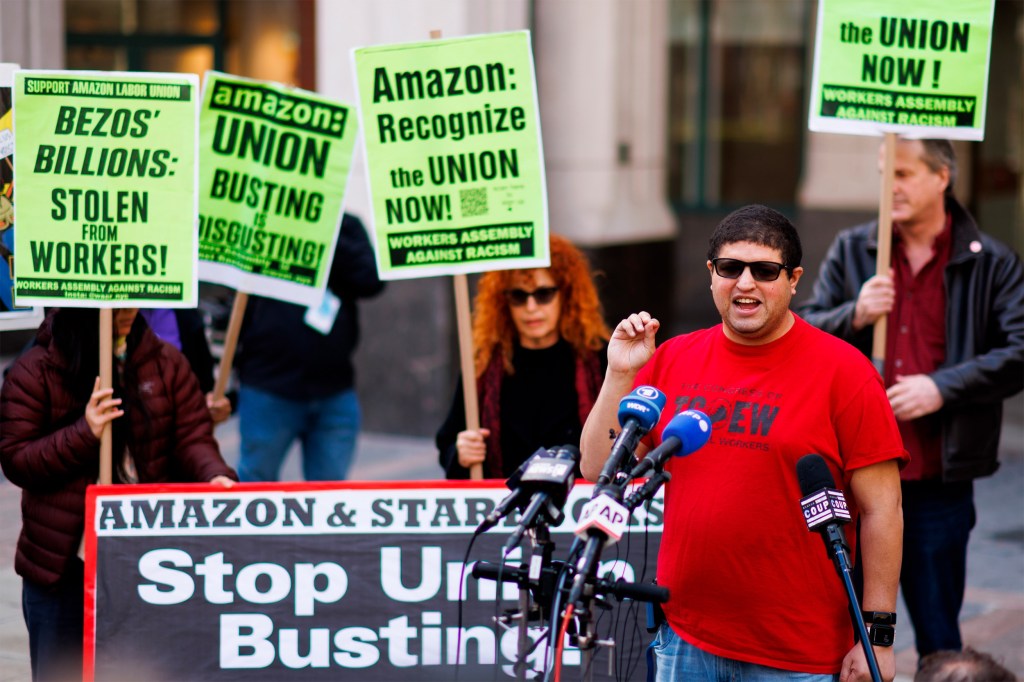
-
No panic in Furman’s reaction to inflation data, but plenty of uncertainty
Jason Furman explains the state of the economy and what consumers can expect during the next few months.
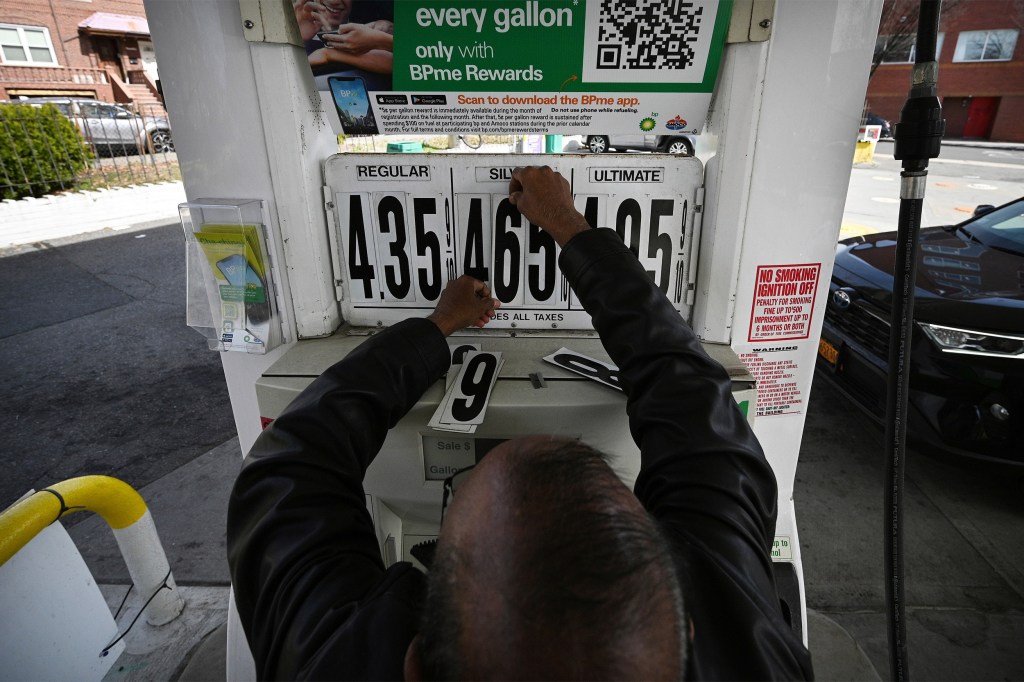
-
Surprised by corporate reaction against Russia?
Oliver Hart discusses the swift response from corporations to protest the Russian invasion of Ukraine.
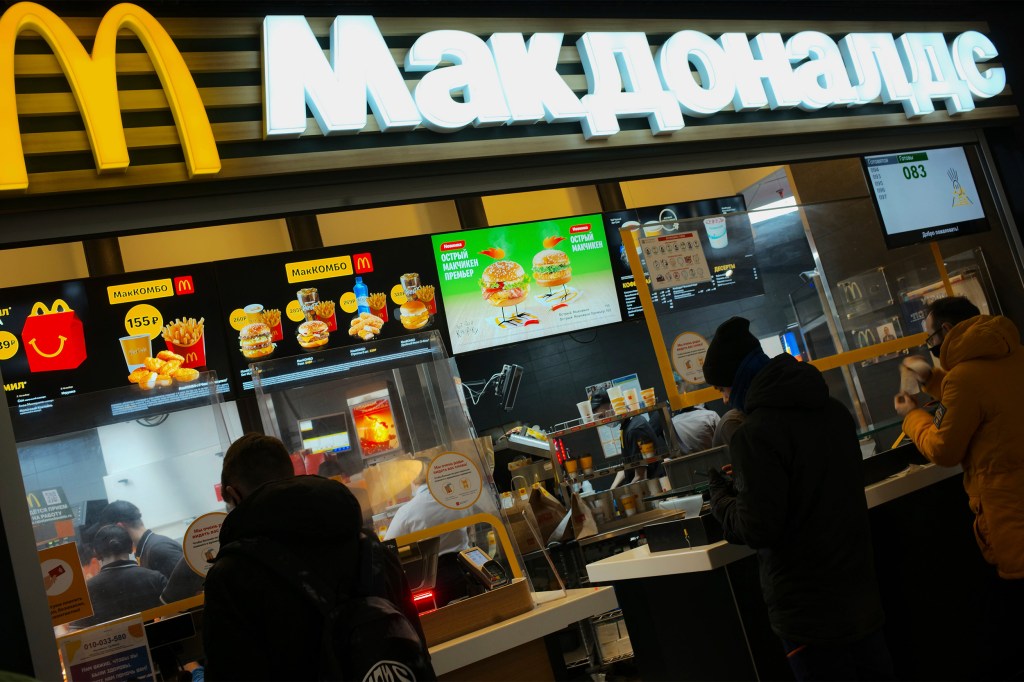
-
How invasion may hit U.S., global economies
Harvard economist Kenneth Rogoff sees possible fallout in stock, energy markets, worsening of inflation, increase in military spending
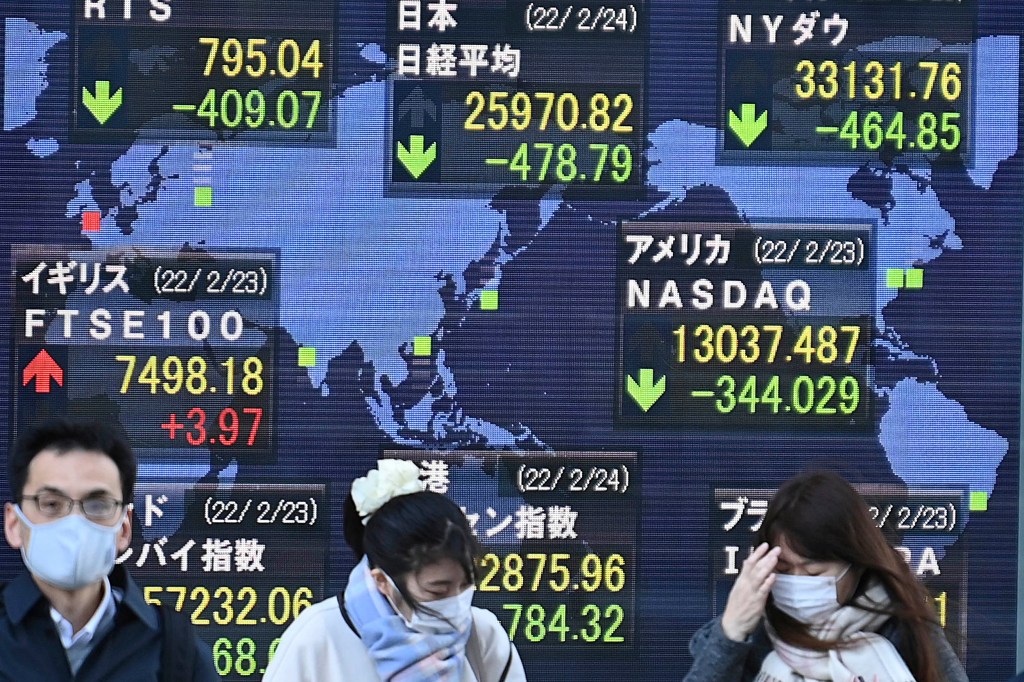
-
Tracking the effects of high heels at work
Research promises broader insights on gender inequality, according to UNC professor of organizational behavior.
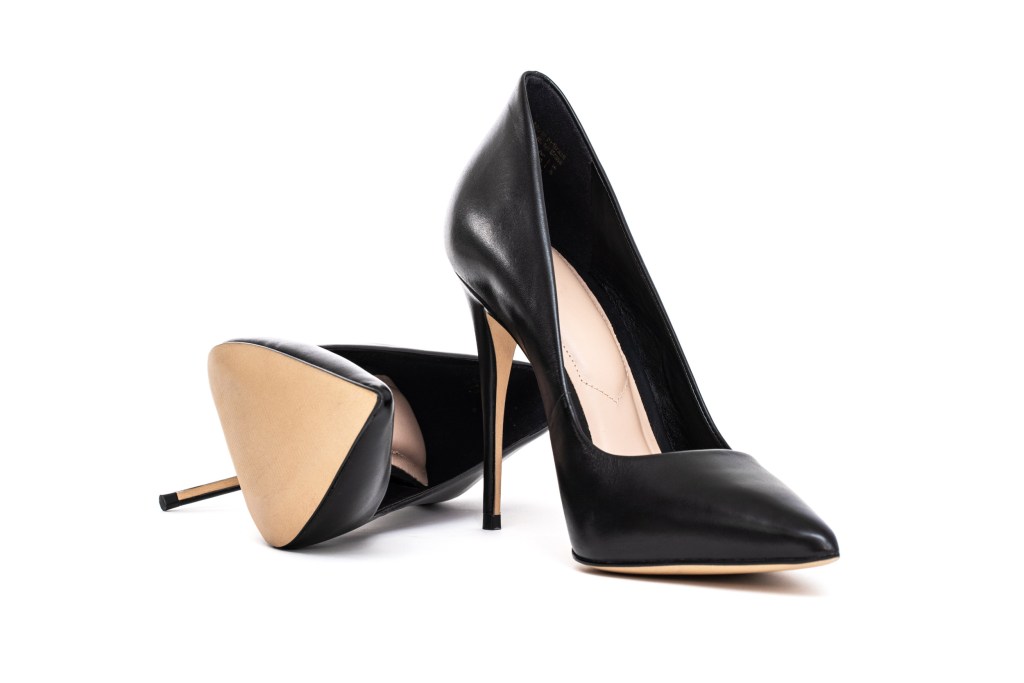
-
Examining Brian Flores’ suit against NFL
Class action lawsuit filed against the National Football League by Brian Flores seeks to break “old boy network” hiring and retention practices of team owners that he says discriminate against Black head coach candidates and coaches.
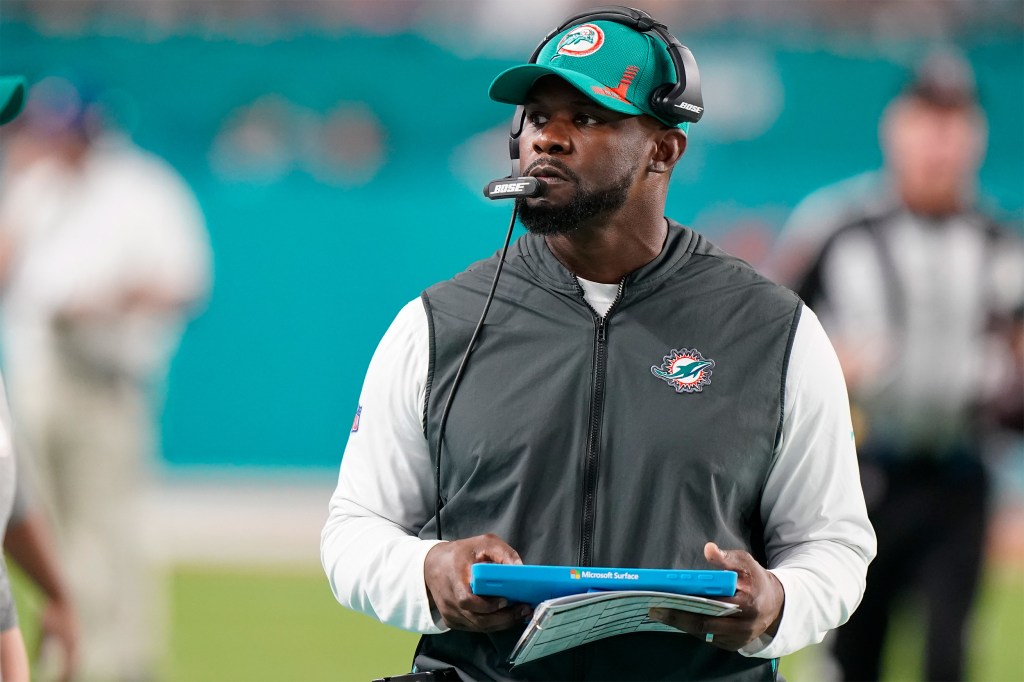
-
When will hot housing market finally start to cool?
A real estate investment expert at Harvard Business School explains what’s happening and why.
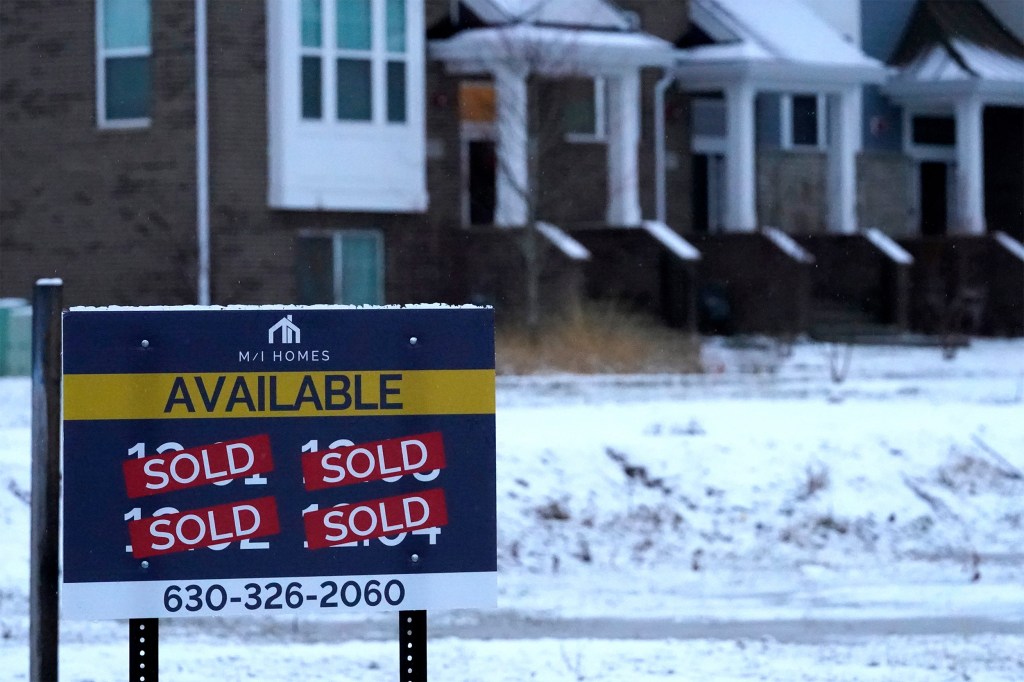
-
Summers says pandemic only partly to blame for record inflation
Inflation’s re-emergence leaves the guardians of the U.S. economy with a tricky balance to strike, cooling the economy with interest rate hikes while avoiding recession, Harvard’s Lawrence Summers said.
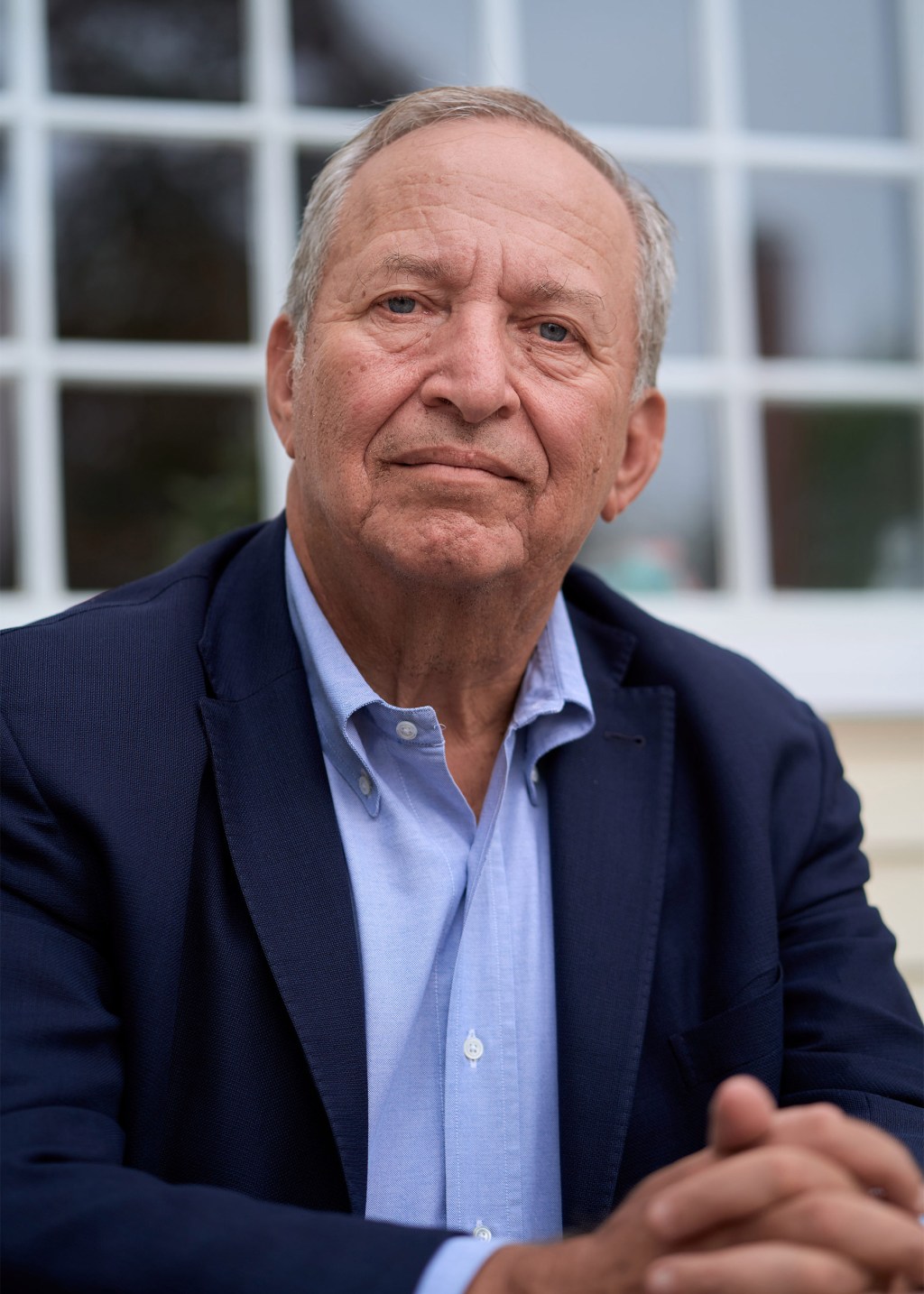
-
Helping trapped low-wage workers, employers struggling to fill spots
New HBS report finds high-turnover industries such as retail and food service can fix hiring challenges by helping their workers add skills and advance.
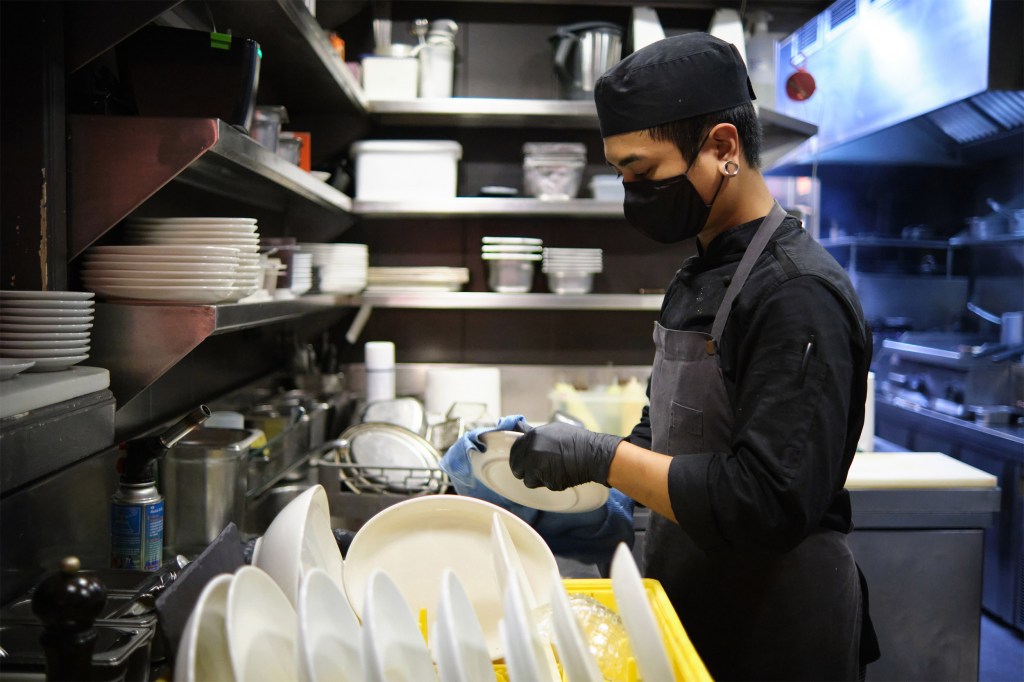
-
Will fraud jury believe Elizabeth Holmes?
As the four-month fraud trial of Theranos founder and CEO Elizabeth Holmes wraps up, Harvard Business School Professor Eugene Soltes, who studies corporate executives and white-collar crime, discusses the case.
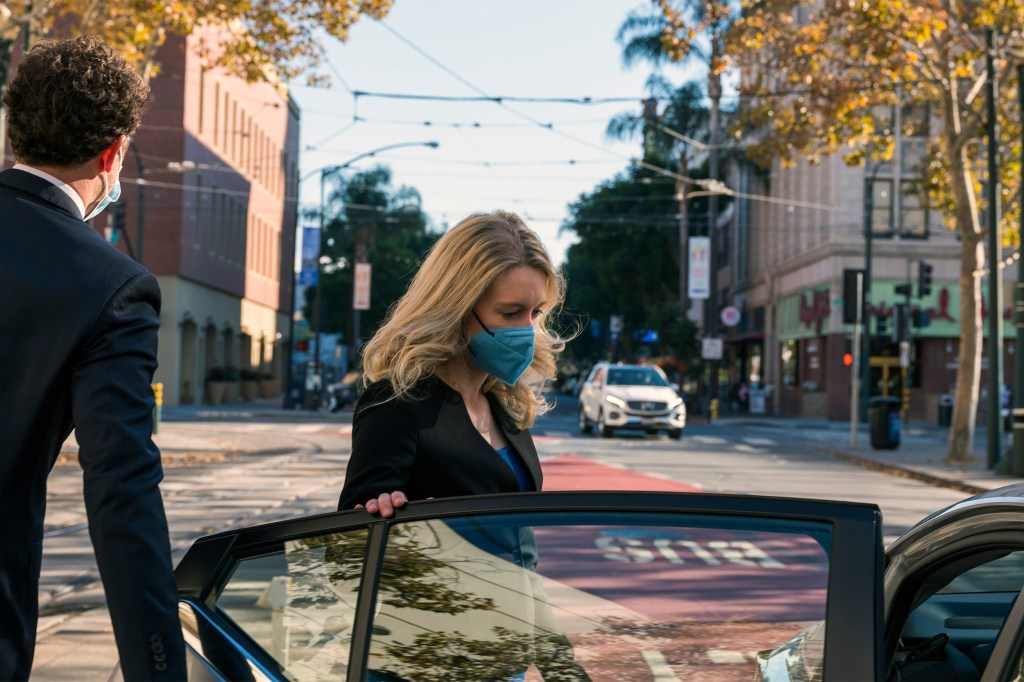
-
Will Omicron damage the economy?
Harvard economist and Nobel laureate Eric Maskin sees possible challenges and reasons for optimism.
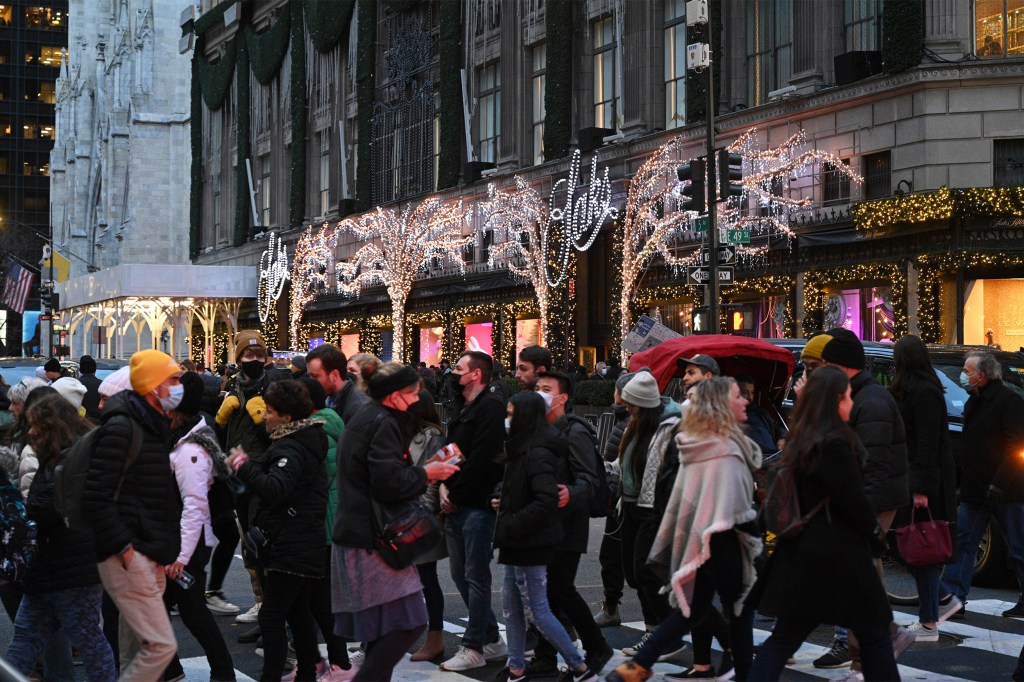
-
What should Biden do about inflation? Mostly sit tight
Harvard economist says economy is on right track, and there are few things he can try, but higher prices will eventually resolve themselves.
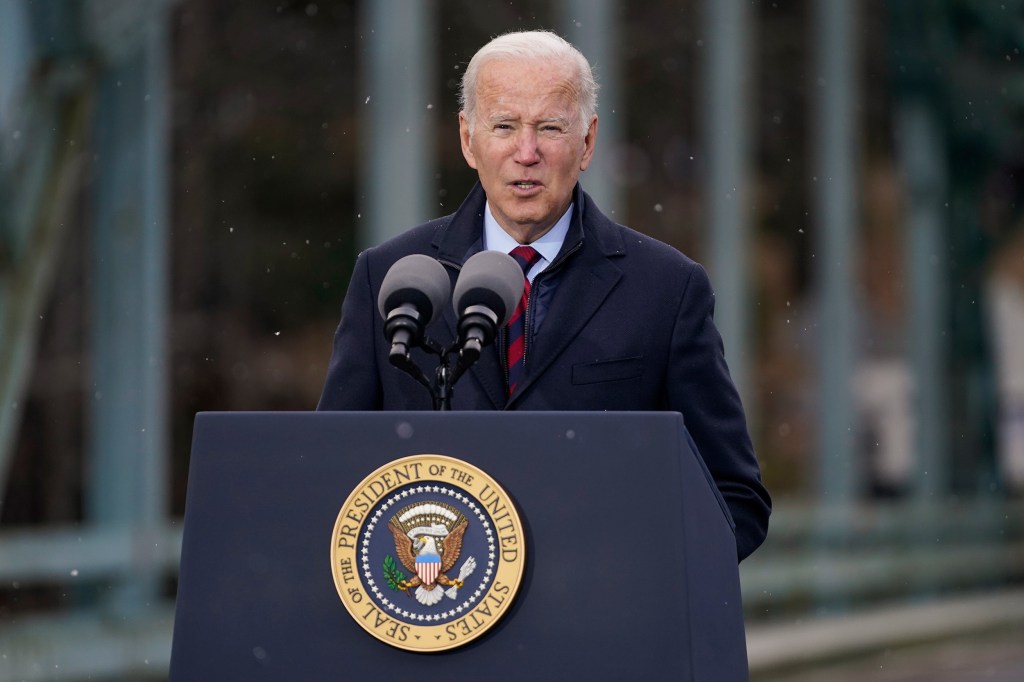
-
Take those old records off the shelf
After dominating the music industry, albums fell out of favor as CDs appeared. But vinyl has made a comeback and is having its best year in decades.

-
A warning for academia in study of Great Recession-era hiring
Diversity efforts suffer in times of crisis, sociologists find, noting possible parallels amid pandemic.
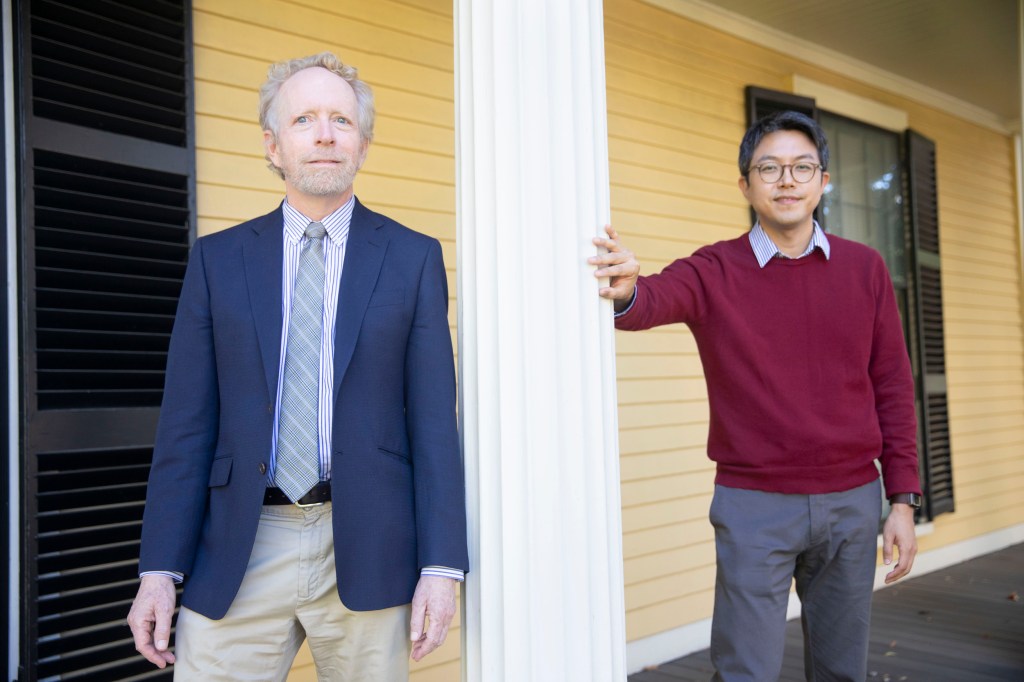
-
What happens to workers when factory shuts down?
Book follows a white female furnace operator, a black efficiency supervisor, and a white machine operator after a plant shutdown.
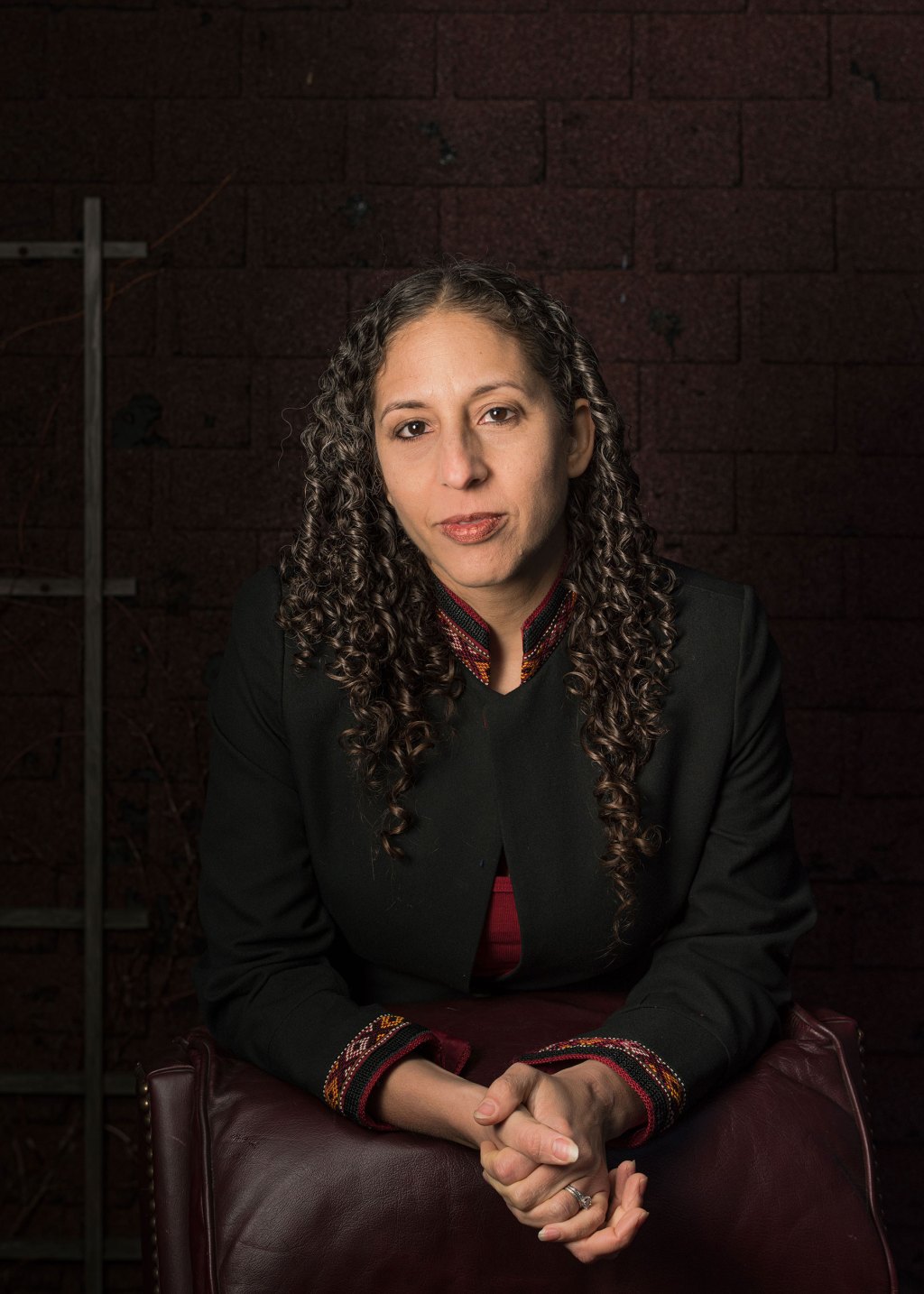
-
‘I quit’ is all the rage. Blip or sea change?
Lawrence Katz answers questions about the historic wave of workers quitting their jobs during the pandemic.
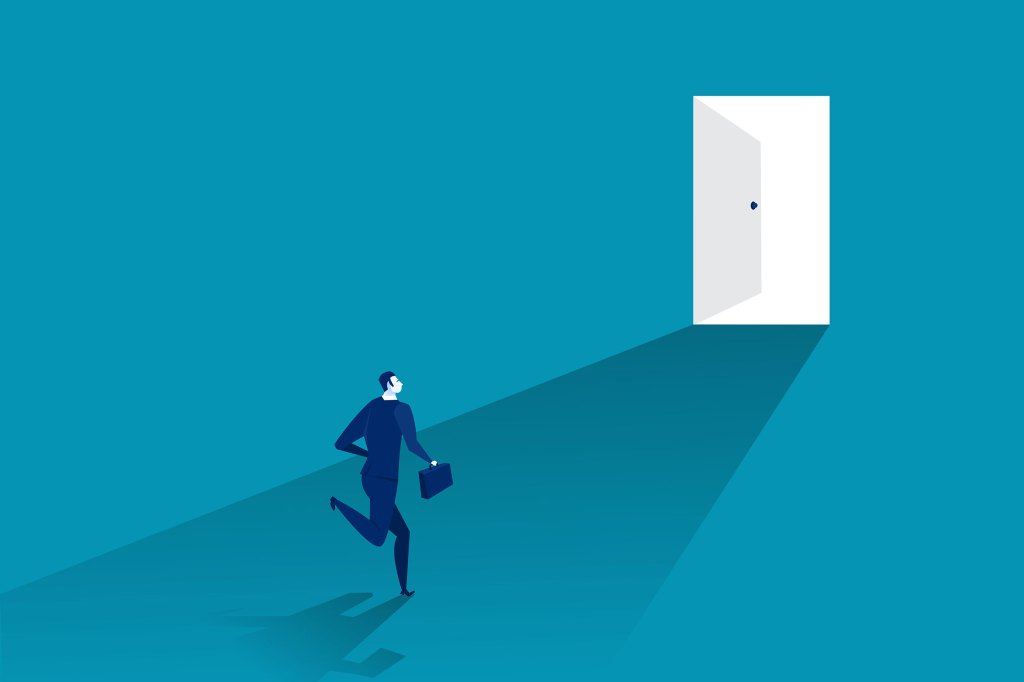
-
Where’s all your stuff? It’s complicated.
HBS’ Willy Shih on the shipping logjam and trucking shortage that could spell trouble for holiday retails and how the ubiquitous dollar stores, which rely on imports from Asia and low wages, are hoping to defy dark trends.
